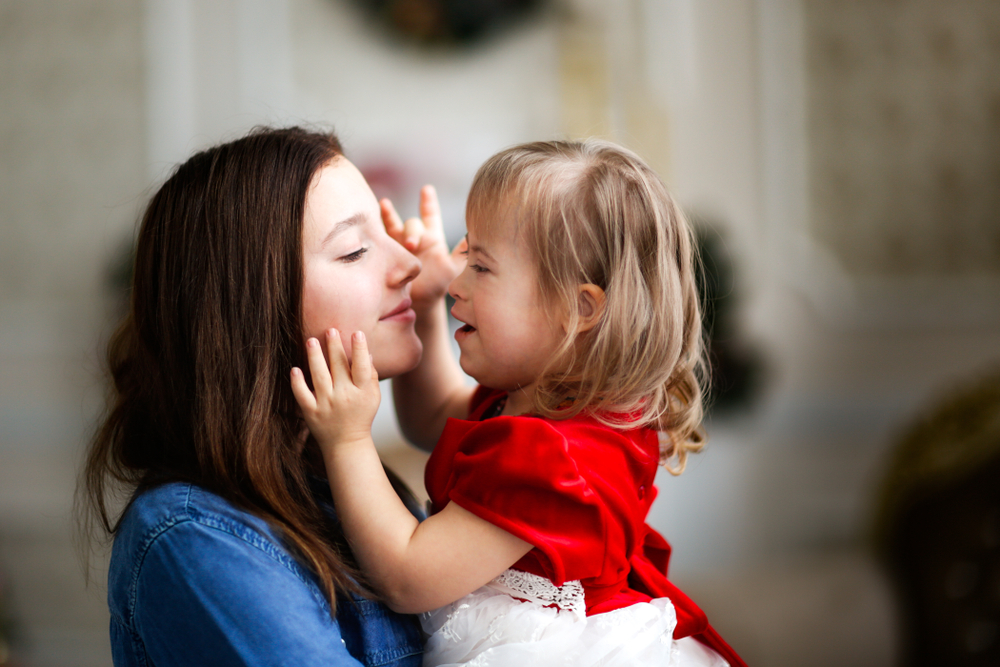There are many factors rainbow families consider when choosing a primary school. These include: whether the school is local, or in an area thought to be open-minded and rainbow family-friendly; whether it has good policy and practice in relation to bullying; the diversity of the children attending the school; the philosophy of the school and its education programs; whether the school has lesbian, gay or bisexual staff; and whether it meets the educational and personal needs of their child.
In addition, parents will want to know how supportive the school is likely to be of their family and whether staff will be inclusive, respectful and sensitive to their family’s particular needs. How the school will deal with any teasing, name-calling or bullying in relation to their family is of concern to many parents. You may want to seek clarification of the school’s approach to these issues before you enrol your child. There are many ways parents can engage with their child’s school to ensure it is a positive and safe environment for their family.
Choosing a school
Talking to people in your own rainbow family or local networks who have older children can be a good place to start when choosing a school. You can get a feel for how inclusive a school is from a visit, tour or parent information night, where you can ask a general question about the school’s experience of working with same-sex families. It may be helpful to meet with the principal or vice principal to discuss your concerns and assess their level of support. You can also ask about the school’s approach to bullying and ask to see their policy. Supporting your child You can support your child by talking to them before they start school about how they will deal with questions about their family.
Once enrolled, it can be helpful for you to be involved with your school in different capacities, including:
- attending working bees, barbecues or social functions
- volunteering to help in the classroom
- helping with excursions or sporting events
- joining a school committee
- becoming a member of school council
- volunteering with the Parent Teacher Association.
Talking openly and directly to staff about any issue that arises, as soon as it arises, can be useful. You can also suggest books, posters, websites or other resources the school could refer to or buy to help improve understanding in the school community.
Parents say …
Choosing a school We chose the school because of their capacity to support kids who come from a really interesting and challenging range of backgrounds. The town has a very significant proportion of highly disadvantaged kids, so they’ve got some very good strategies in place around inclusiveness, which we really liked. Katrina
I looked at the three closest schools and I wrote one off immediately. Then I chatted to people at the other two and I asked them, ‘Have you got any other same-sex-parented families here?’ One principal showing me around said, ‘No, but of course there’s no issue’. He was lovely and I believed him. Bec
Our approach to parenting has very much been that we want our kids to know what the general mainstream world is like and we want them to be able to cope with that. We wanted them get to know that world of heterosexual parents and fairly conservative views, so we just chose our local school. Mandy
A lot of people advised us to send our son somewhere close to home because he would make friends with people in the neighbourhood, so we sent him to the local state school. We certainly discussed our family situation with the principal and the teacher and we talked about how they would handle that and any bullying. We made sure – as a deliberate strategy – that we were very visible in the school and that we were very active. Jenny
I think we just assumed the school would be okay because of the area. Bridget
We chose a school in a place where we thought we would naturally meet other rainbow families, but that didn’t really happen. But I think [closer to the city] you do just find a more open-minded community, or at least you are not the first lesbian couple they’ve met, which is how it always was when we were in the outer suburbs. Bridget
At one of the schools – a public school – the principal wore a prominent crucifix, so I wondered whether that meant anything in terms of being homophobic. I’m just not religious and I don’t want any Christianity involved in my kids’ education, so that turned me off that school straight away. Claire
I’ve never seen their policy, to be honest, but you walk into the school and you can just see it: it’s all over the walls. It’s the photographs, it’s how the staff interact with the kids, it’s the number of integration aides they have, it’s the way they run their assemblies. They are very broadly aware of the needs of every child and how they need to be accommodating those. Katrina
The first thing I think of is more the kind of personality he has and then what does that mean in terms of the kind of environment. So: Does he need this, that or the other? But obviously, if the school is not comfortable with him having two mums, he’s not going to get support if he gets bullied or if kids make disparaging comments. We need to have him in an environment where they will respond seriously to those sorts of things. Pia
We weren’t too impressed with the first school we saw. Their approach seemed to be a bit of don’t ask, don’t tell. It was sort of, We treat everyone the same, so we ignore any difference, which I don’t think is a very useful approach. Patricia
At school
There’s always that awkward moment when I’m meeting a new teacher where I don’t know if they know about our family. Bec
We went to talk to the principal, who was wonderful and responded very well. She actually had a conversation with our daughter about how she’s not the only one in the school who has two mums and said if she ever has any problems she can come and talk. Nicola
I think being visible in the school helps a lot. They had a working bee recently and Lara went along. I think pitching in and lending a hand is helpful. I think it makes it easier if everyone can see that she’s got two mums and one time I’m there and the next time it’s Lara. Patricia
We taught Chris some things to say. If somebody says, ‘Are your parents gay?’ you just say, ‘Yes, they are. Do you have a problem with that?’ Jenny
I was on school council and that’s my approach. You ingratiate yourself and people’s ideas and perceptions about lesbians are altered. I spent a lot of time in the kids’ classrooms chatting to their teachers. The principal has always been incredibly supportive. Bec
They do have some rainbow family books in the library and that’s been at my instigation. Jenny








